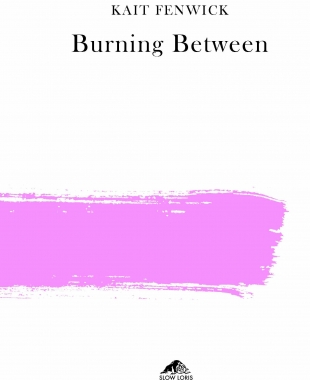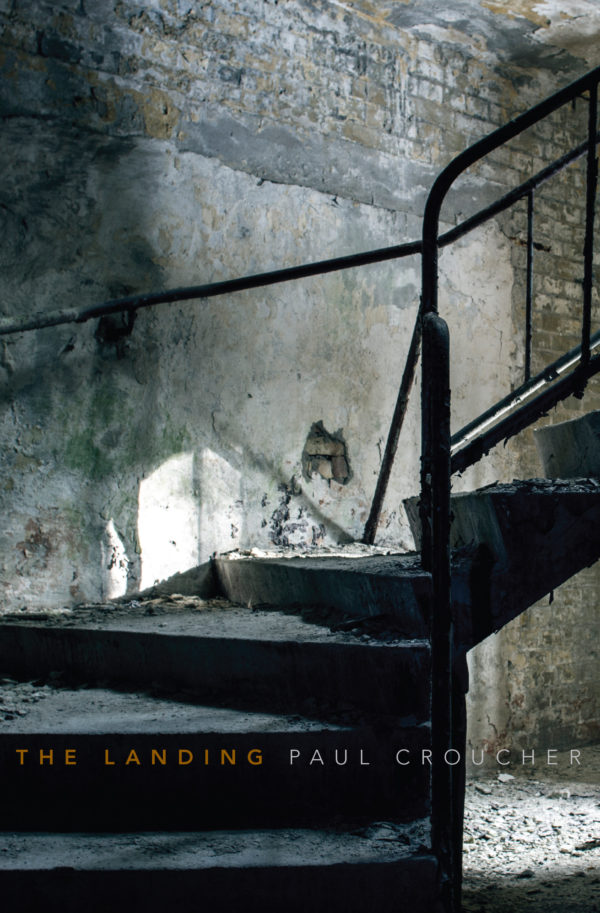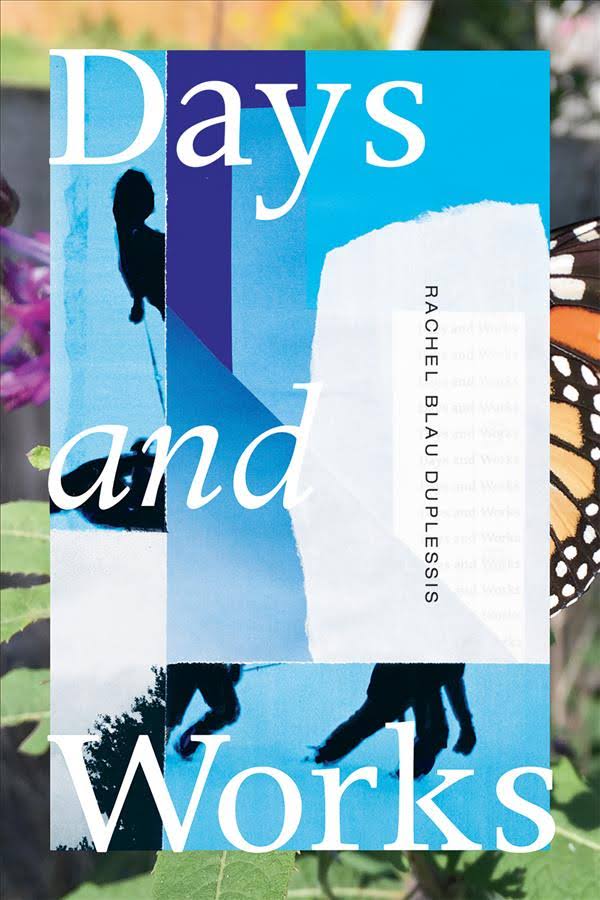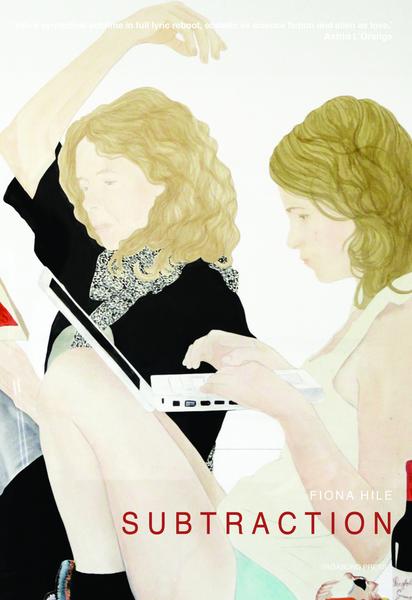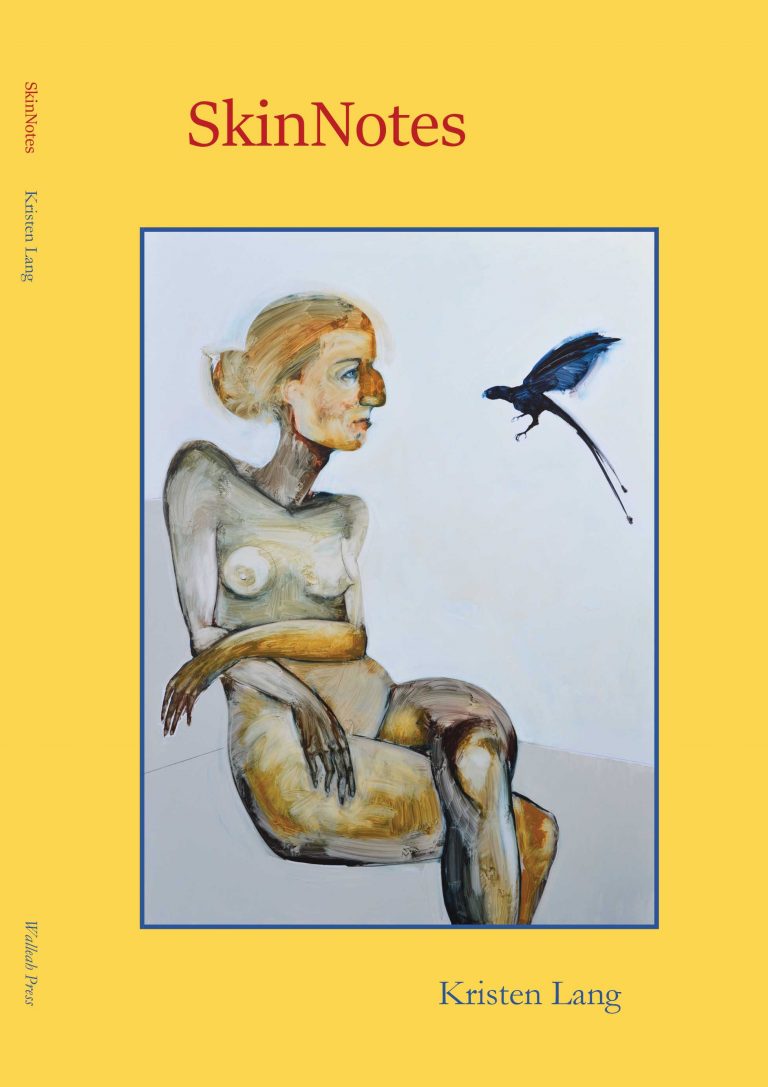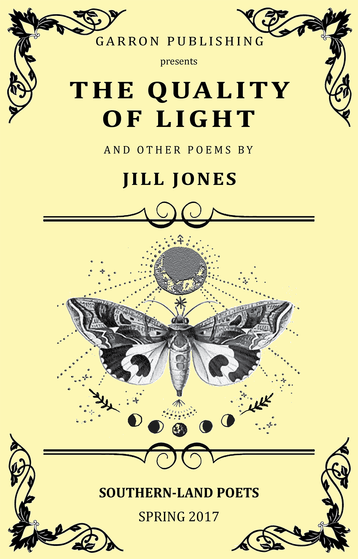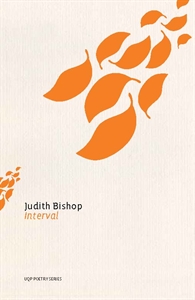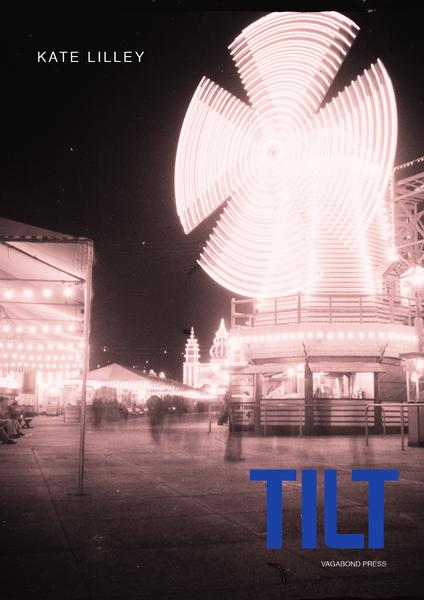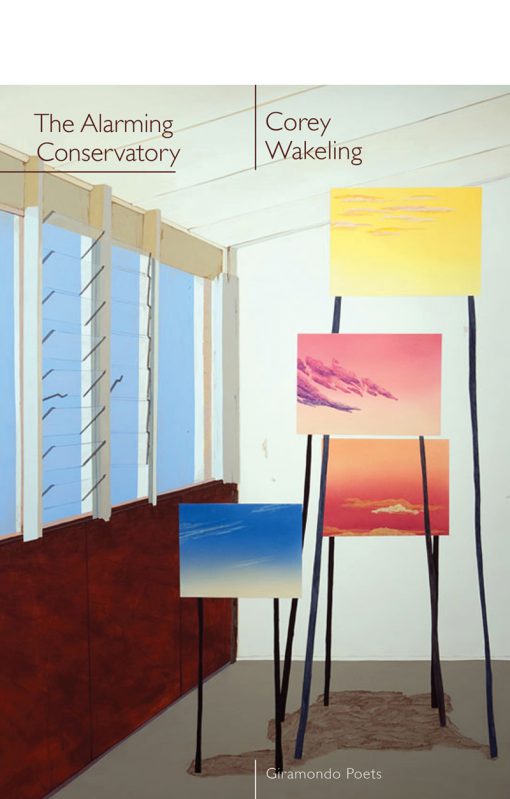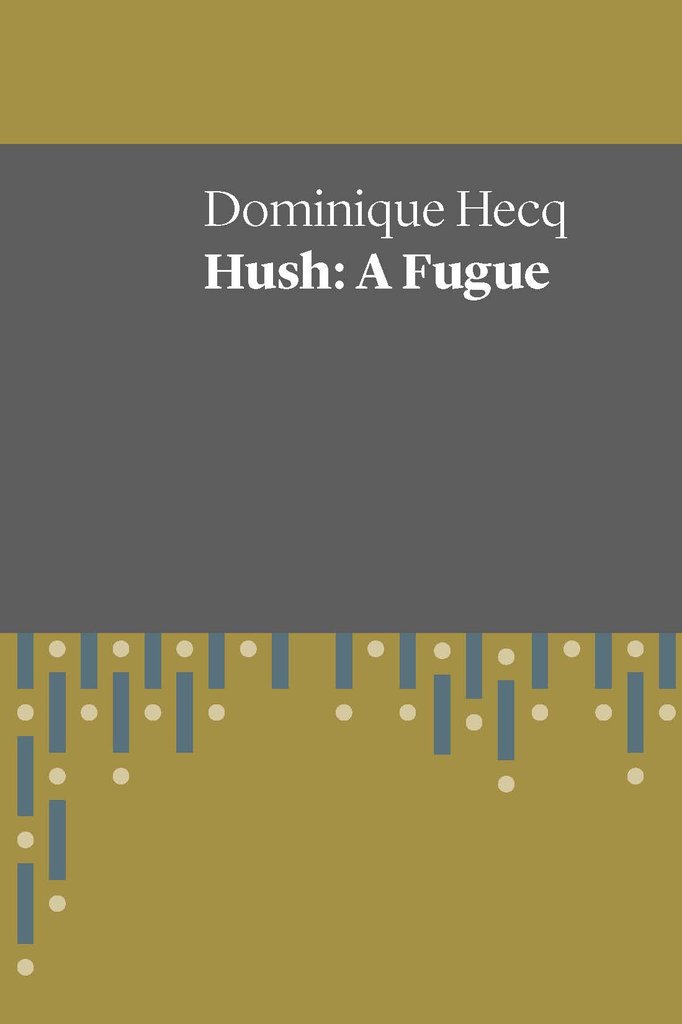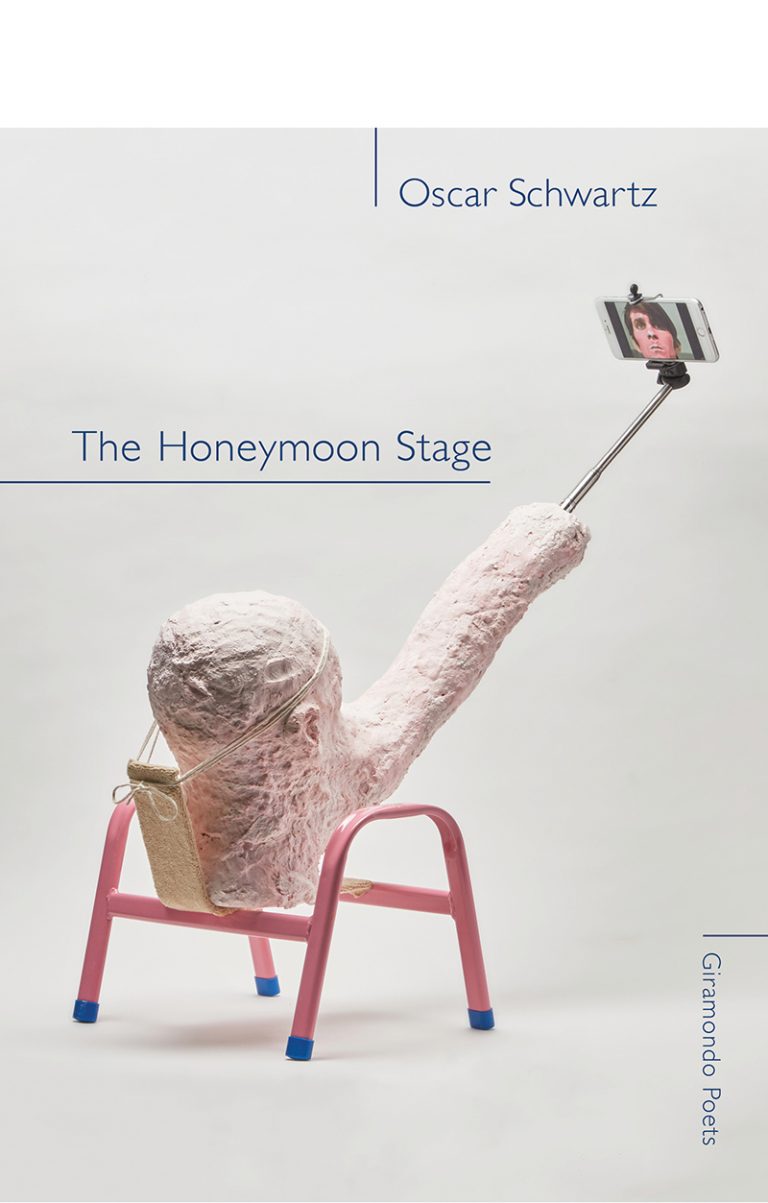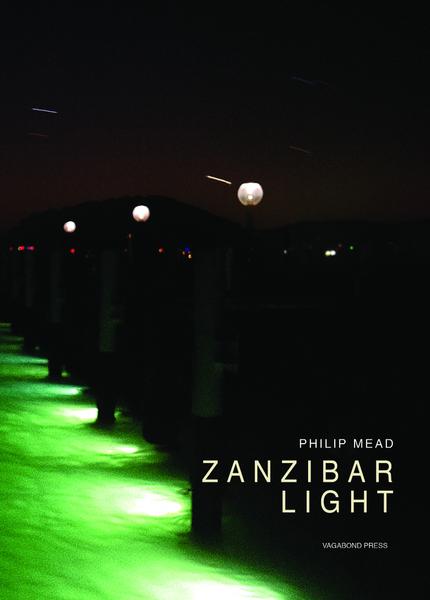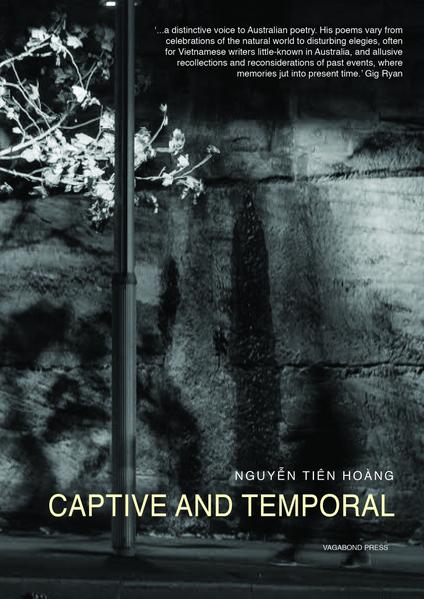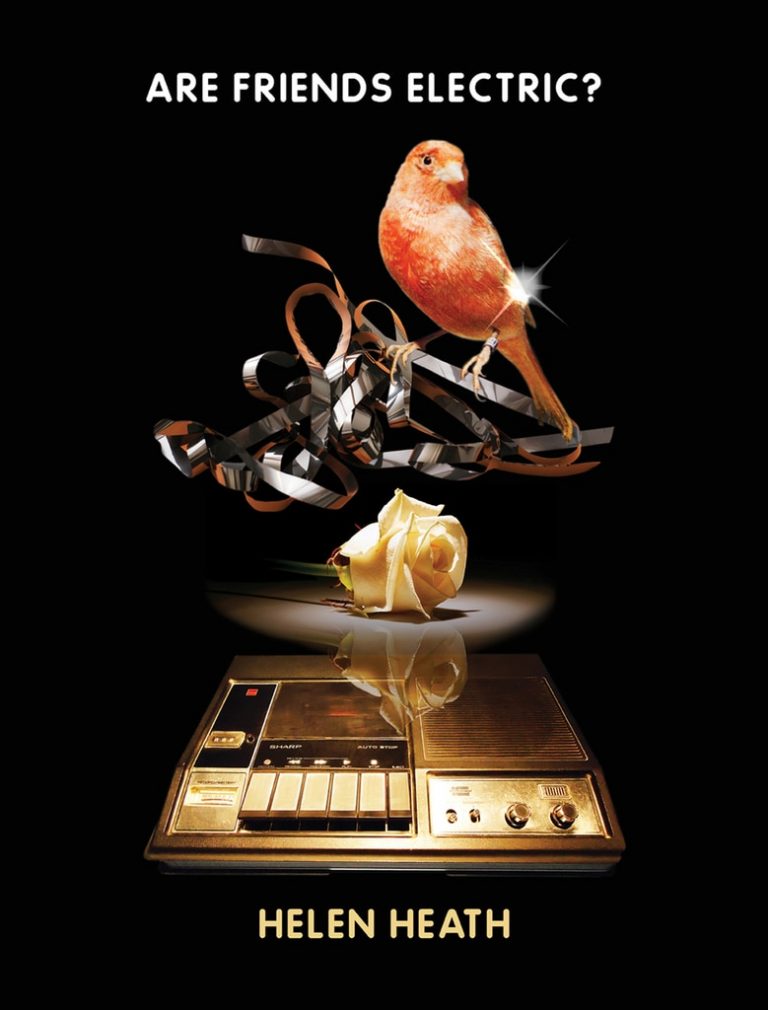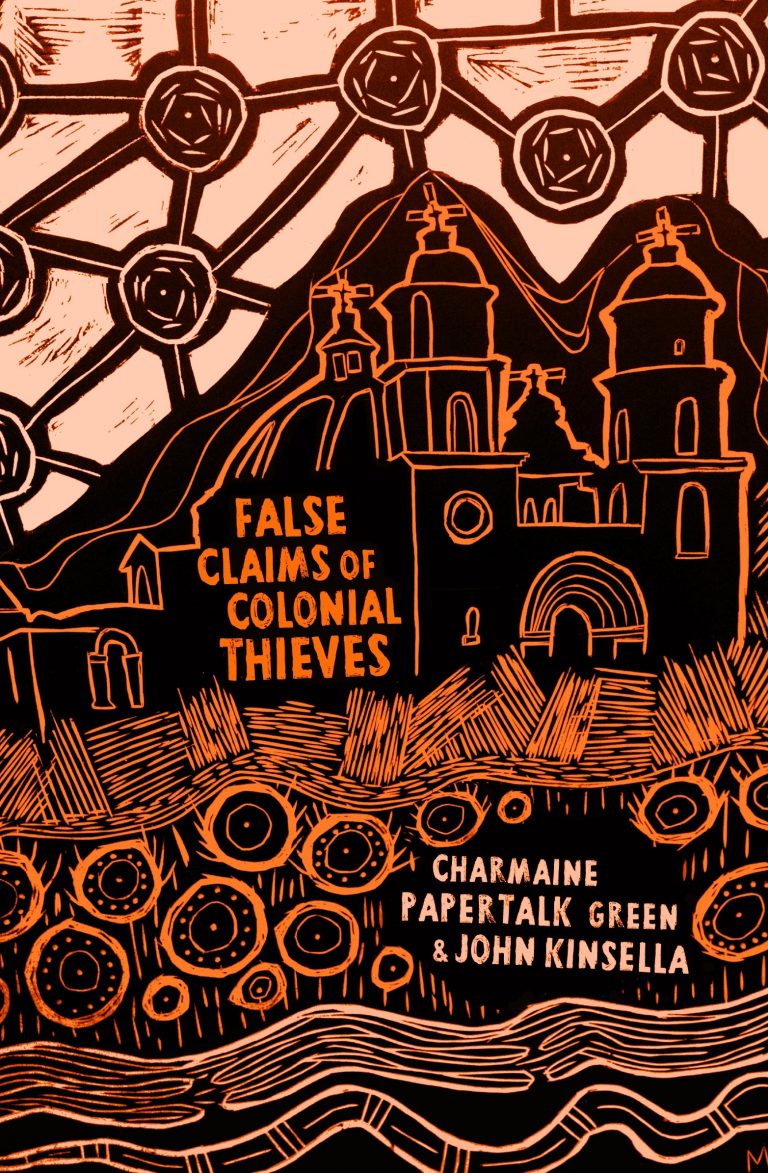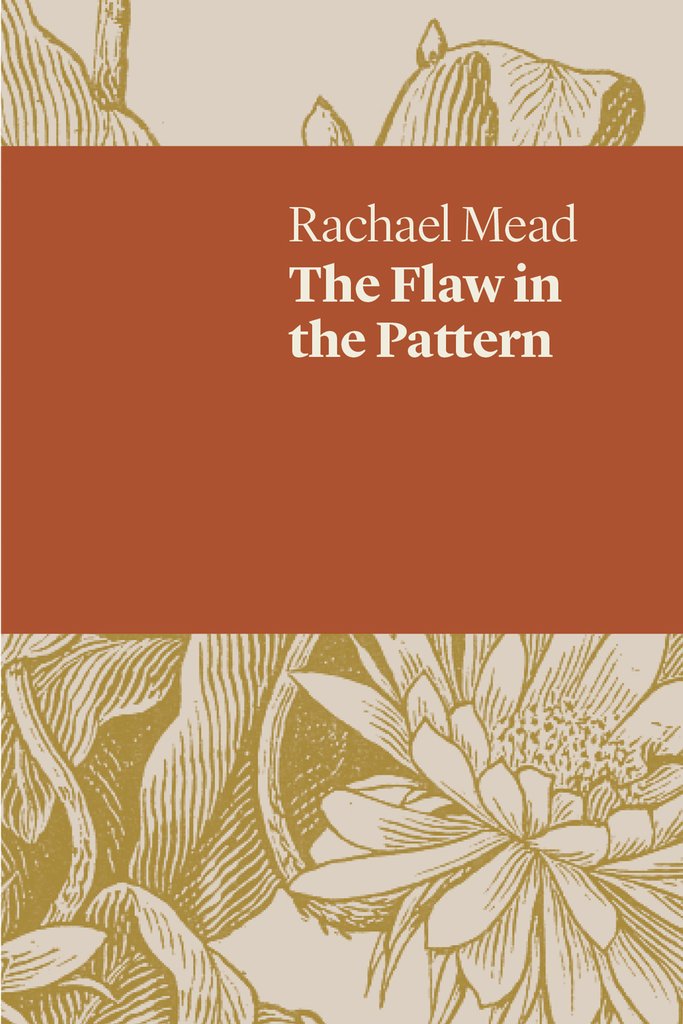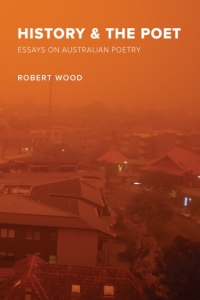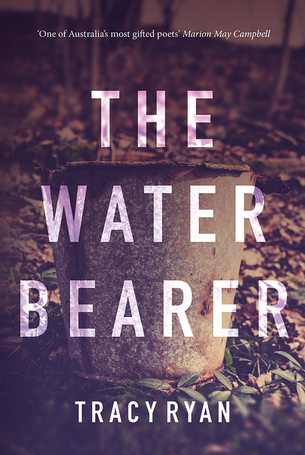BOOK REVIEWS
Pam Brown Reviews Kait Fenwick
In case you haven’t noticed, there’s a surge in material on gender and sexuality being produced by a profusion of switched-on contemporary thinkers. In Australia, Puncher & Wattmann published the anthology Out of the Box – Contemporary Gay & Lesbian Poets almost a decade ago.
Kishore Ryan Reviews Paul Croucher
While Paul Croucher has previously published A History of Buddhism in Australia 1848-1988, this is his first poetry collection. Embedded within the poet’s attention to nature is a Buddhist understanding of suffering as a necessary part of existence and at times his spiritual beliefs are expressed explicitly.
Owen Bullock Reviews Rachel Blau DuPlessis
The title of Rachel Blau DuPlessis’s new book is a reversal of Hesiod’s Works and Days, which introduced the character of Pandora to the world. At the front of the book, before even the title page, is the statement ‘We are living in late catapultism’.
Joan Fleming Reviews Fiona Hile and Luke Beesley
Two very recent books by two mid-career Melbourne poets offer distinct intellectual gymnasiums in which to lift and push and run and sweat. I may not have been able to master these books, but they knocked the breath out of me.
Winnie Siulolovao Dunn Reviews Tayi Tibble
Against the Whiteness of settler-colonial Aotearoa history, Tayi Tibble brings from margin to centre, her Indigenous experience as a Te Whānau ā Apanui / Ngāti Porou woman. Pokūahangatus is her debut poetry collection, which explores the violence of settler-colonialism against the imagery of pop culture, Māori activism and the strength and sensuality of Brown women.
Review Short: Kristen Lang’s SkinNotes
Kristen Lang’s SkinNotes articulates an intense poetry and poetics of the body through a holistic series of lifelines in which skin, bone and organs are not so much dissected as regarded, reassembled and given human or other animate agency.
Review Short: The Hijab Files by Maryam Azam
The third section of Maryam Azam’s The Hijab Files is called ‘The Piercing of this Place’. It captures moments of perforation of this world by jinn, prayer, memory, death, and other unnamed, unnameable, astounding things.
Review Short: Cary Hamlyn’s Ultrasound in B-Flat and Other Poems and Jill Jones’s The Quality of Light and Other Poems
Jones’s superb collection reinvigorates poetry as a quality of illumination amidst all kinds of opacity, sparking affective and rhythmic conversations between literature, politics, ecology and cosmology. Her poetry engages and enacts what T S Eliot called the ‘auditory imagination’, ‘the feeling for syllable and rhythm, penetrating far below the conscious levels of thought and f eeling’.
Review Short: Judith Bishop’s Interval
Interval is the fourth book for Judith Bishop and her first with University of Queensland Press. The book is divided into four sections. The first begins with an epigraph from the French philosopher Gaston Bachelard that ‘childhood is certainly greater than reality.’
Liam Ferney Reviews Kate Lilley and Pam Brown
In 1915, H G Wells published Boon, a satirical novel that featured long passages pastiching the literary style of his erstwhile friend, Henry James. It kicked off an epistolary barney over what art should be about.
Review Short: Corey Wakeling’s The Alarming Conservatory
The Sydney launch of Corey Wakeling’s second collection of poetry The Alarming Conservatory at Frontyard Projects in Marrickville upended the traditional build up of acts that most expect from a poetry launch, with poets reading in an order drawn from a hat.
Daniela Brozek Cordier Reviews Dominique Hecq
To some readers, like me, Dominique Hecq’s Hush: A Fugue may be daunting at first appearance. This starts with the cover, which has the sort of self-assured, intellectual air I find a little intimidating. A wary look inside reveals unstable text formatting – blocks of dense prose broken by verse, haiku, couplets, one-liners.
Christopher Brown Reviews John Mateer
Of the 62 sonnets that make up John Mateer’s João, 58 are given to ‘Twelve Years of Travel’ and only four to the second and final section, ‘Memories of Cape Town’. This weighting emphasises travel not so much as the mode of exception but as regular or even habituated experience, while suggesting only a marginal place for the ‘home’ of Mateer’s South African origins.
Review Short: Oscar Schwartz’s The Honeymoon Stage
Confession: I should not have read Michael Farrell’s launch speech for Oscar Schwartz’s The Honeymoon Stage before attempting this short review. I had a large attack of Bloom’s anxiety of influence, but I simply couldn’t help myself because I truly appreciate Farrell’s wit and (worldly) wisdom. And now the damage is done.
Review Short: Philip Mead’s Zanzibar Light
For experimental poet and jazz drummer Clark Coolidge, words are never impressions. They are sonic inscriptions, vectors, movable actualities. They alter by degrees in the company of others and in time. I started with Coolidge for many reasons; first among them, his stellar understanding of improvisation.
Carmine Frascarelli Reviews Nguyễn Tiên Hoàng
It’s with an almost exquisite eccentricity that Nguyễn Tiên Hoàng’s Captive and Temporal unfurls, immersing the reader in a discursive cartography over composite planes of memory, history, heritage, culture and dreams in surreal and interpenetrative riddles, dedications and elegies.
Review Short: Therese Lloyd’s The Facts and Helen Heath’s Are Friends Electric?
These lines have come from feeding the collection into an online text randomiser. What sounds and looks like decisions made by a person is the work of a consciousless algorithm capable of capturing a question that charges the whole book: What does it mean to be ‘you’?
Review Short: Selina Tusitala Marsh’s Tightrope
I like the way a backyard door opens ‘parting sooty / veils of flies,’ in the first poem of Selina Tusitala Marsh’s Tightrope. Outside are Max V, Lima and Ono (‘knotted fur, nettling bones / fat eyes, fat hunger’).
Review Short: Charmaine Papertalk-Green’s and John Kinsella’s False Claims of Colonial Thieves
False Claims of Colonial Thieves weaves together two disparate voices, Charmaine Papertalk-Green and John Kinsella, in a demanding collection that reaffirms the troubling environmental era we are living through. Structurally, the book shifts between traditionally oppositional views – an Aboriginal woman and a white man.
Review Short: Andy Jackson’s Music Our Bodies Can’t Hold
The Music Our Bodies Can’t Hold’s premise is unique: 54 poems for the 54 chromosomes in the human body. Each poem is distinctive in typography and voice, gleaned from a primary source interview of a public or private figure believed to have Marfan syndrome.
Review Short: Rachael Mead’s The Flaw in the Pattern and Philip Nielsen’s Wildlife of Berlin
Holding each of these books is a pleasure. Their two-tone covers have different but complementary botanical design motifs while the master design elements of the UWAP Poetry series, pushing on 23 titles, of which they are part gives them a uniform appearance.
Johanna Featherstone Reviews History and the Poet
Although Robert Wood’s History and the Poet is described as essay, it defies being labelled as one genre. Perhaps like the definition of poetry itself, which shifts and changes between individuals and contexts, language and culture, so do Wood’s words.
Review Short: Shastra Deo’s The Agonist
Shastra Deo’s first volume of poetry, The Agonist contains many poems about corporeal life, and about the separation of bodies, problematising the connections between body and thought. The poems often turn the inside out, as it were, opening up a poetic anatomy of internal organs and interior life.
Review Short: Tracy Ryan’s The Water Bearer
‘… the poem / will cover a multitude of signs.’ This line, appearing early in West Australian author Tracy Ryan’s ninth poetry collection, can be read as connecting directly to what’s been posited as the very purpose of poetry: to confound or thicken language, to free it from its mere communicative dimension, as Walter Benjamin might put it, and allow it to bump up against things-in-themselves.

